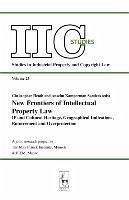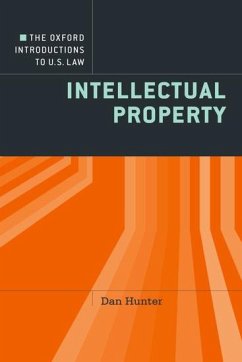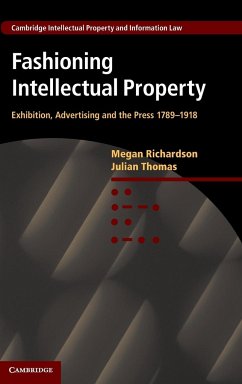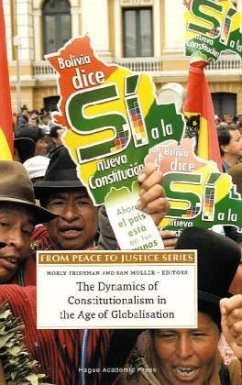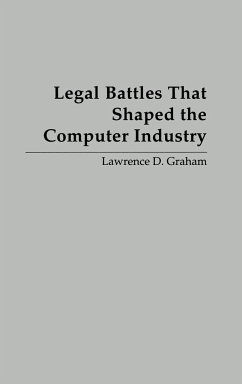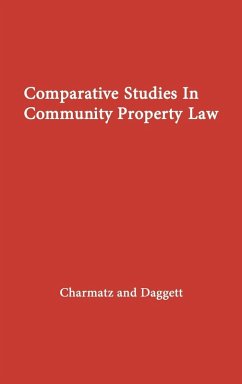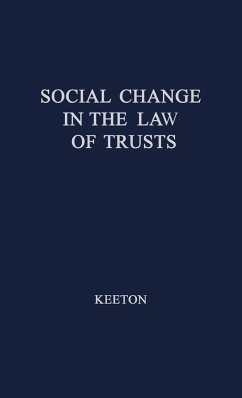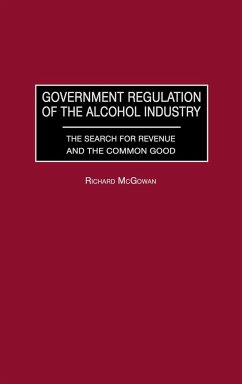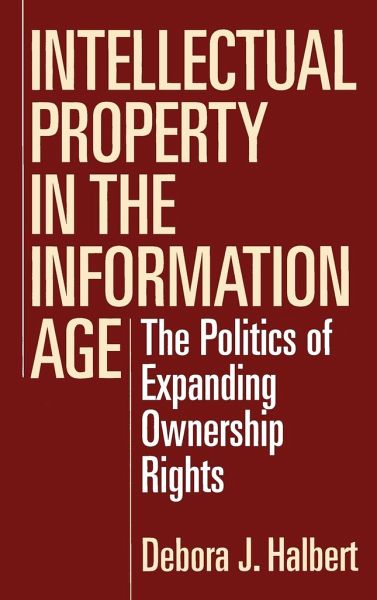
Intellectual Property in the Information Age
The Politics of Expanding Ownership Rights
Versandkostenfrei!
Versandfertig in 1-2 Wochen
87,99 €
inkl. MwSt.

PAYBACK Punkte
44 °P sammeln!
Intellectual property is rapidly becoming one of the most controversial aspects of American law with both domestic and international implications. The controversy over copyright law is largely a result of the rapidly growing internet which threatens clear copyright ownership. In fact, Halbert argues, the internet, through its emphasis on information exchange, inherently challenges the concept of intellectual property rights developed in the 18th century to protect written-not word-processed-works. Halbert critiques the theoretical foundations and the present American approach to copyright law,...
Intellectual property is rapidly becoming one of the most controversial aspects of American law with both domestic and international implications. The controversy over copyright law is largely a result of the rapidly growing internet which threatens clear copyright ownership. In fact, Halbert argues, the internet, through its emphasis on information exchange, inherently challenges the concept of intellectual property rights developed in the 18th century to protect written-not word-processed-works. Halbert critiques the theoretical foundations and the present American approach to copyright law, and she concludes that we should not uncritically extend copyright law to the internet. More generally, we should keep the concept of intellectual property from colonizing knowledge and ideas. She attempts to describe how new technologies are brought within the boundaries of the intellectual property discourse and given legal legitimacy. Halbert touches on the historical roots of copyright law, the manner in which copyright law is used today, and provides a critique of our current attitudes toward intellectual property. Court cases, government documents, public policy recommendations, international trade agreements, the actions of key industries, and popular opinion provide insight into how intellectual property as a concept is being defined in the information age and used to enforce property boundaries. An important resource for scholars and professionals alike working in copyright related industries.



